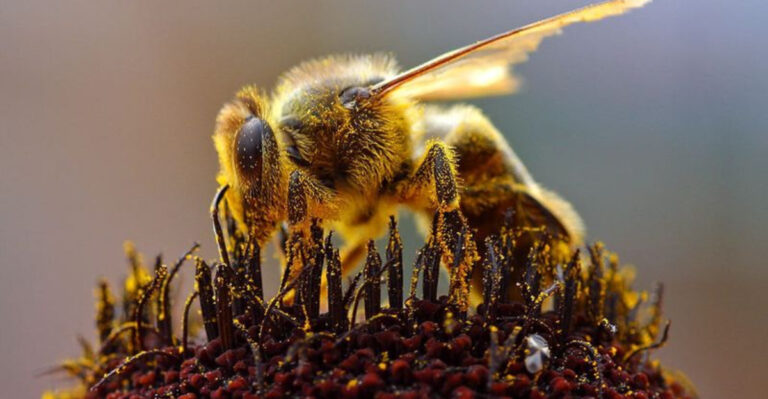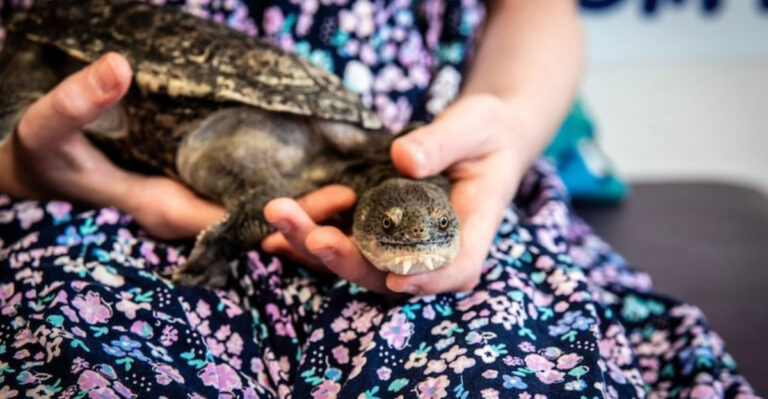16 Common Struggles Of Puppy Parenthood And How to Overcome Them
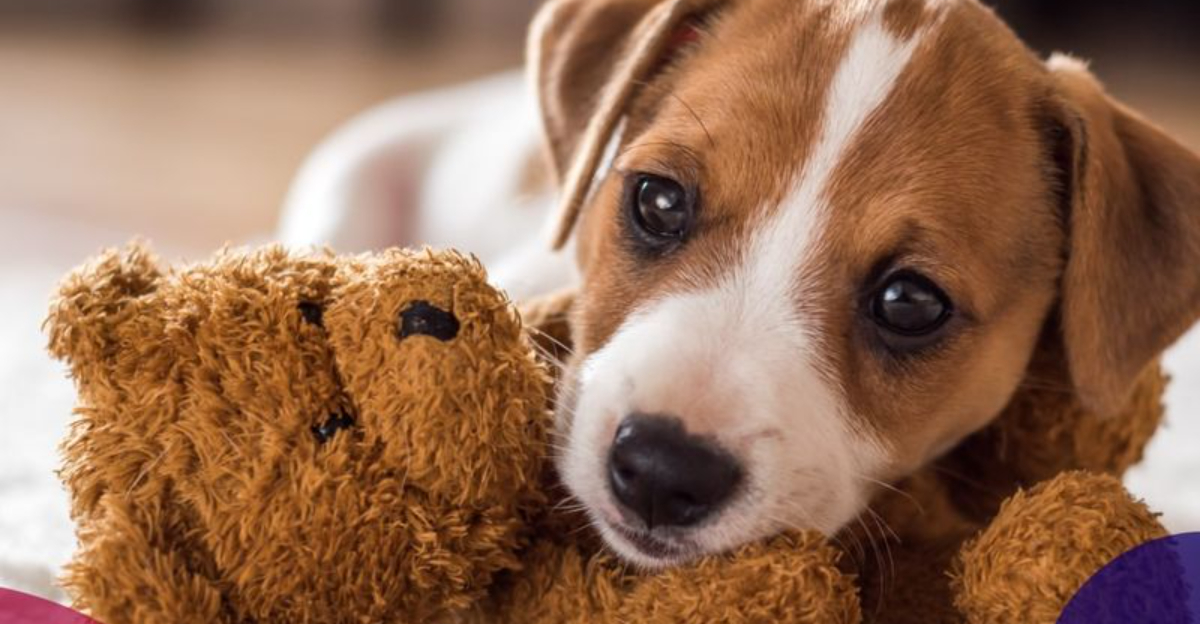
Bringing a new puppy into your home is a joyful event, but it can also bring about feelings of overwhelm and anxiety known as the ‘puppy blues.’ This phenomenon affects many new dog owners who find themselves struggling with the adjustment.
From unexpected messes to sleepless nights, the challenges can seem endless. However, understanding what to expect and how to cope can make this transition smoother.
1. Sleepless Nights
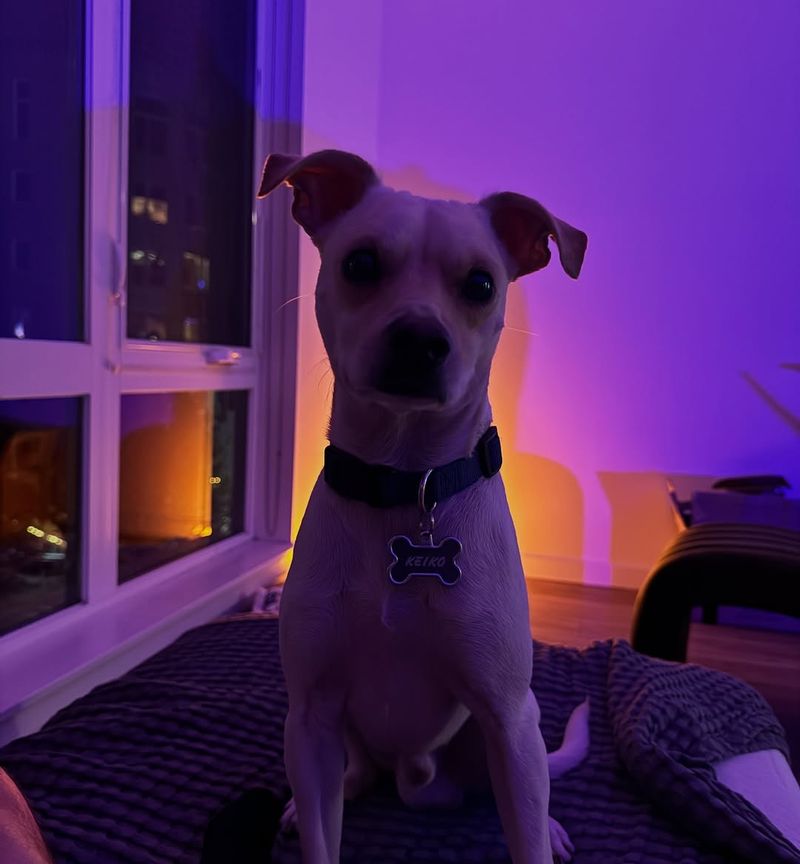
Lack of sleep is a common issue faced by new puppy owners. Puppies, like human babies, may not sleep through the night initially, leading to interrupted sleep patterns. The constant need to take them out for potty breaks can be exhausting.
Setting a routine can help both you and your puppy adjust. Training your puppy to sleep at certain times and providing a comfortable sleeping space can encourage better rest.
2. Potty Training Challenges
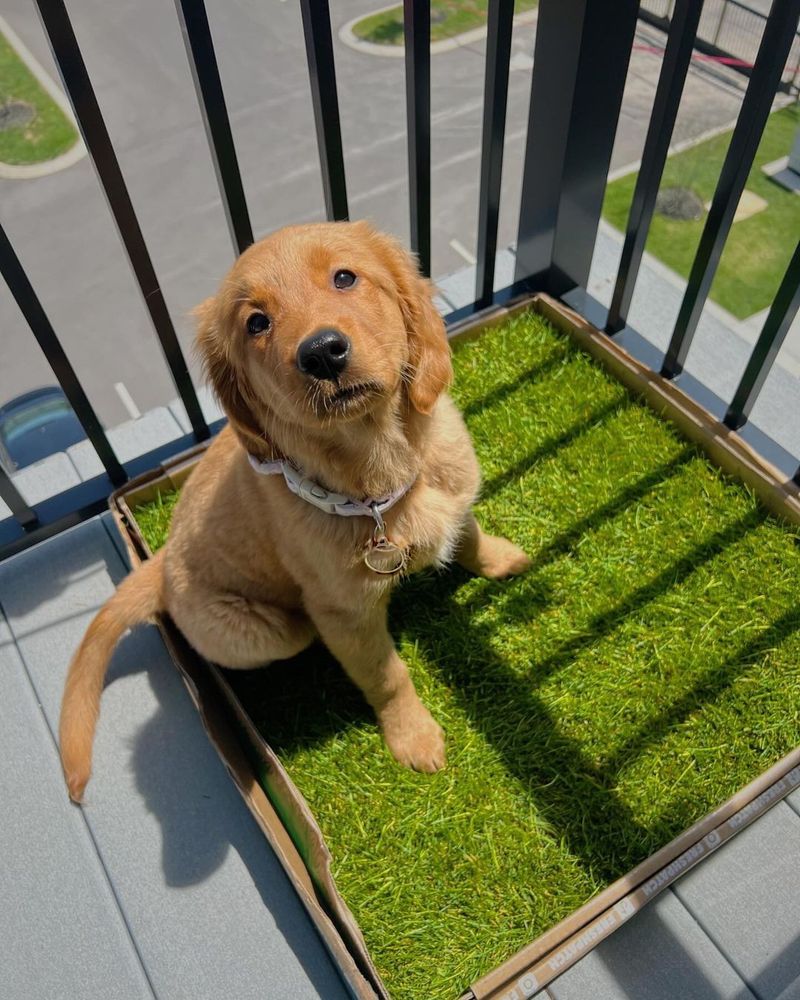
Potty training a puppy can be one of the most frustrating tasks. Accidents are inevitable, and cleaning messes becomes a regular chore. This phase requires patience and consistency.
Using positive reinforcement techniques like treats and praise when the puppy goes outside can encourage good habits. Establishing a schedule helps in reducing the chances of indoor accidents.
3. Chewing Everything

Puppies explore the world with their mouths, which means they might chew on anything they can find. This can lead to damaged furniture and shoes.
Providing plenty of chew toys and keeping valuable items out of reach can prevent some of these issues. Redirecting their chewing to appropriate items helps form good habits.
4. High Energy And Exercise Needs
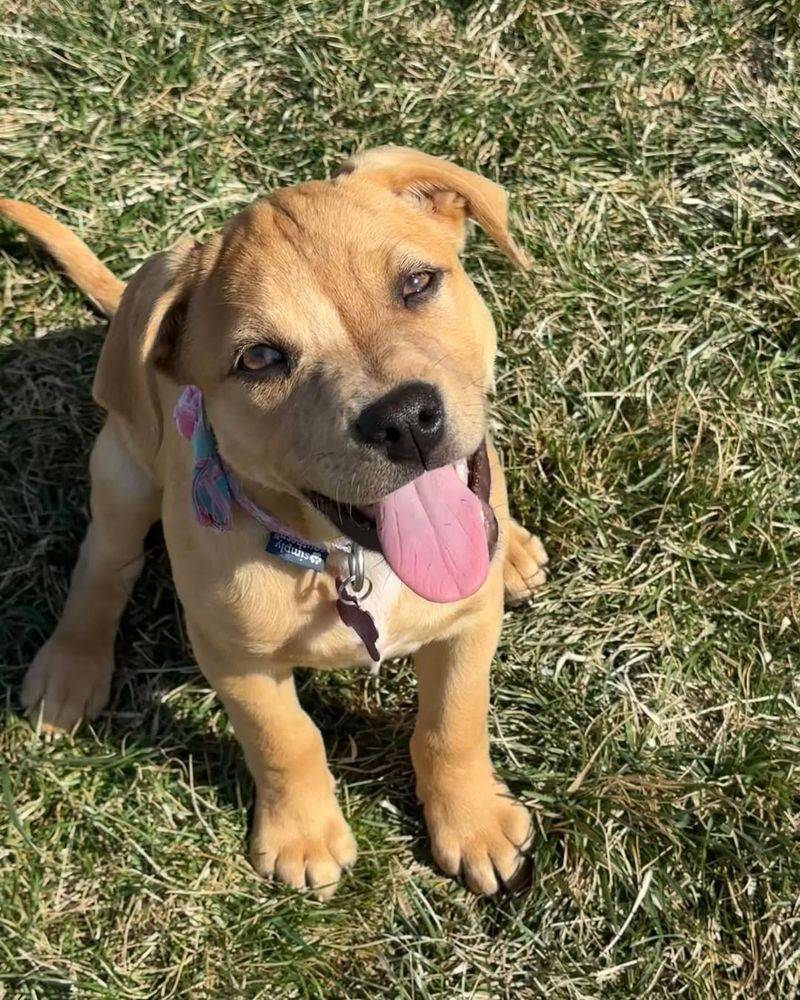
Puppies are full of energy and require plenty of exercise to burn it off. Without adequate playtime, they may become destructive or develop behavioral issues.
Engaging in daily walks, play sessions, or even puppy training classes can help meet their exercise needs. This not only keeps them physically fit but also strengthens the bond between you two.
5. Socialization Concerns
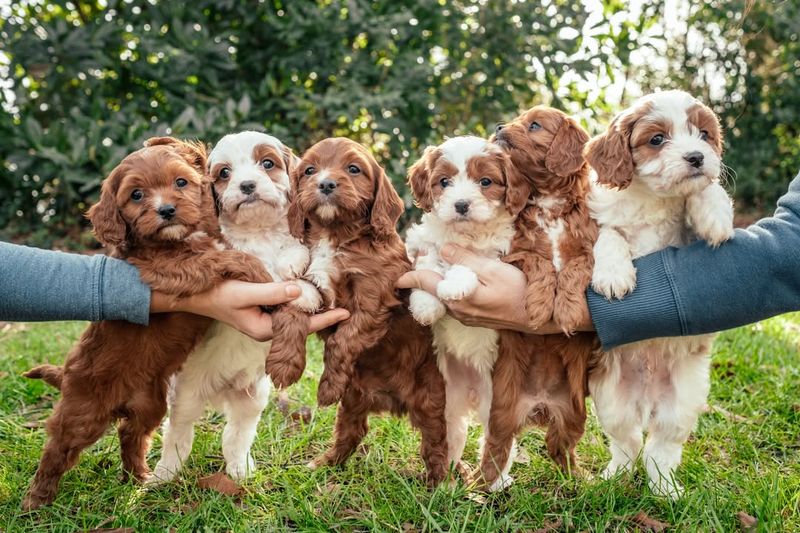
Socializing a puppy is crucial for their development and prevents future behavioral problems. It involves introducing them to various people, environments, and other dogs.
Starting socialization early helps your puppy become comfortable and well-mannered. Visiting dog parks or arranging playdates with other pet owners are excellent ways to socialize them.
6. Inconsistent Training
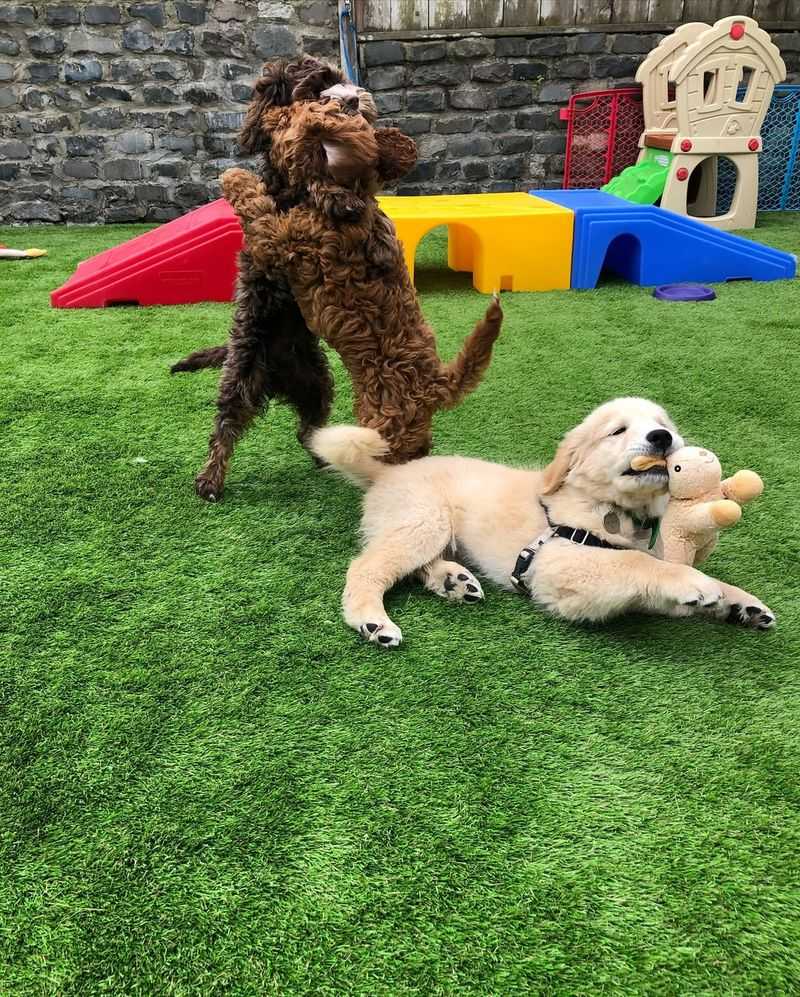
Consistency in training is vital for your puppy’s understanding and development. Inconsistent commands from different family members can confuse your puppy.
Creating a unified training plan and ensuring everyone in the household follows it can lead to better results. Using the same commands and rewards system helps reinforce learning.
7. Biting And Nipping
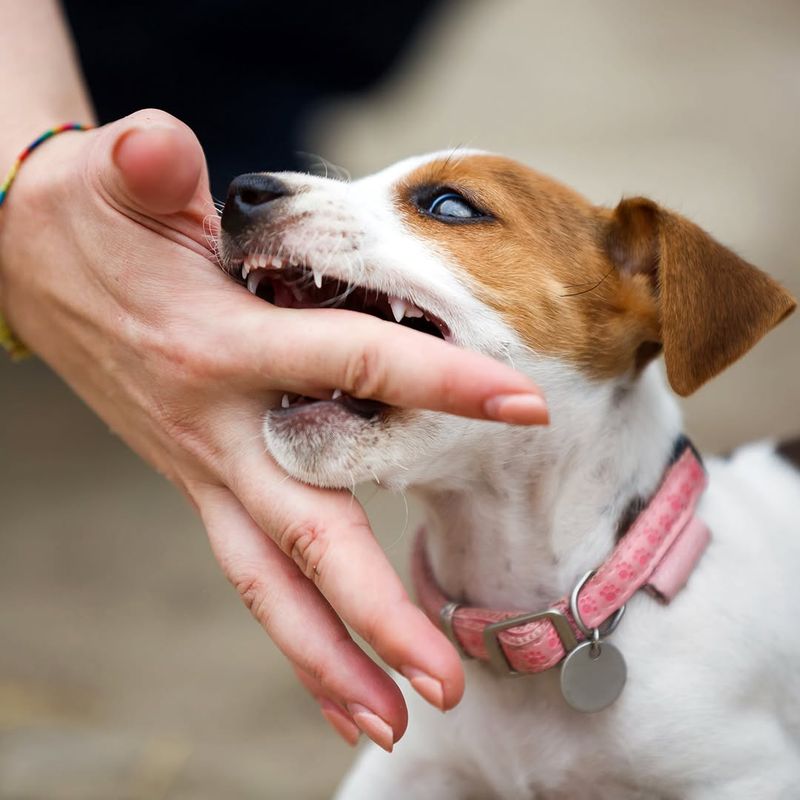
Puppies often bite or nip during play, which can sometimes be painful. Teaching them bite inhibition is an essential part of their training.
Redirecting their biting to toys and using gentle corrections can help manage this behavior. Encouraging gentle play with rewards strengthens positive behavior.
8. Veterinary Visits
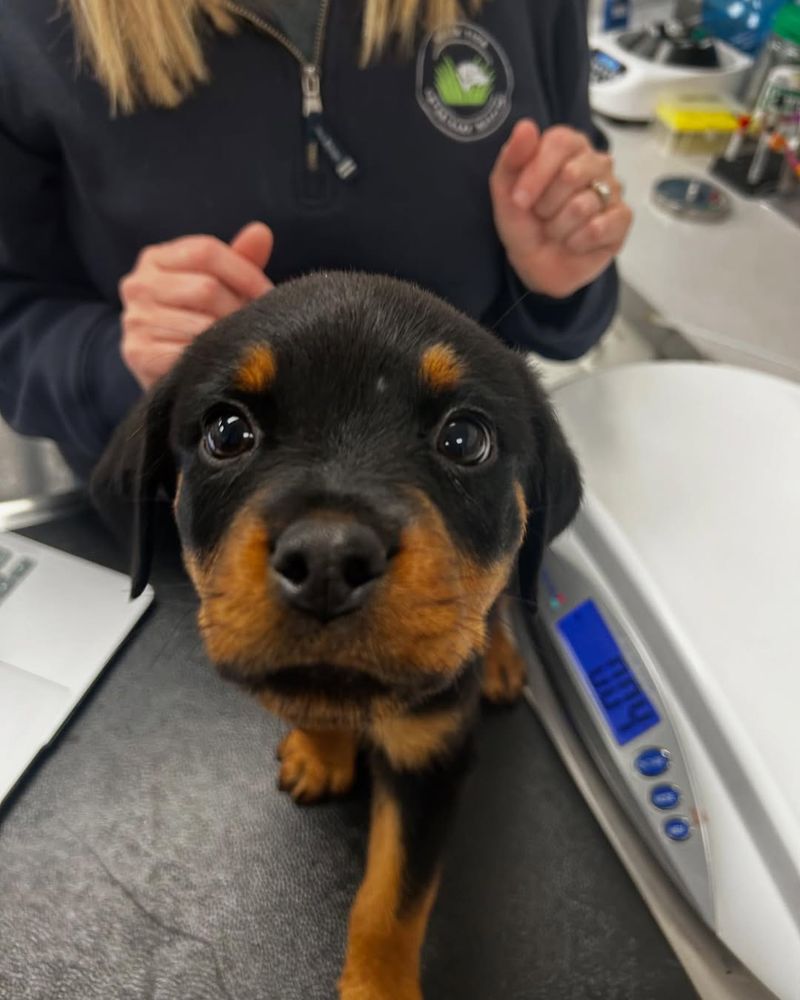
Regular veterinary visits are crucial for your puppy’s health but can be stressful for both the owner and the puppy. These visits ensure your puppy is growing well and stays healthy.
Preparing your puppy for these visits by familiarizing them with handling and car rides can ease the stress. Understanding the importance of vaccinations and regular check-ups is key.
9. Managing Expectations
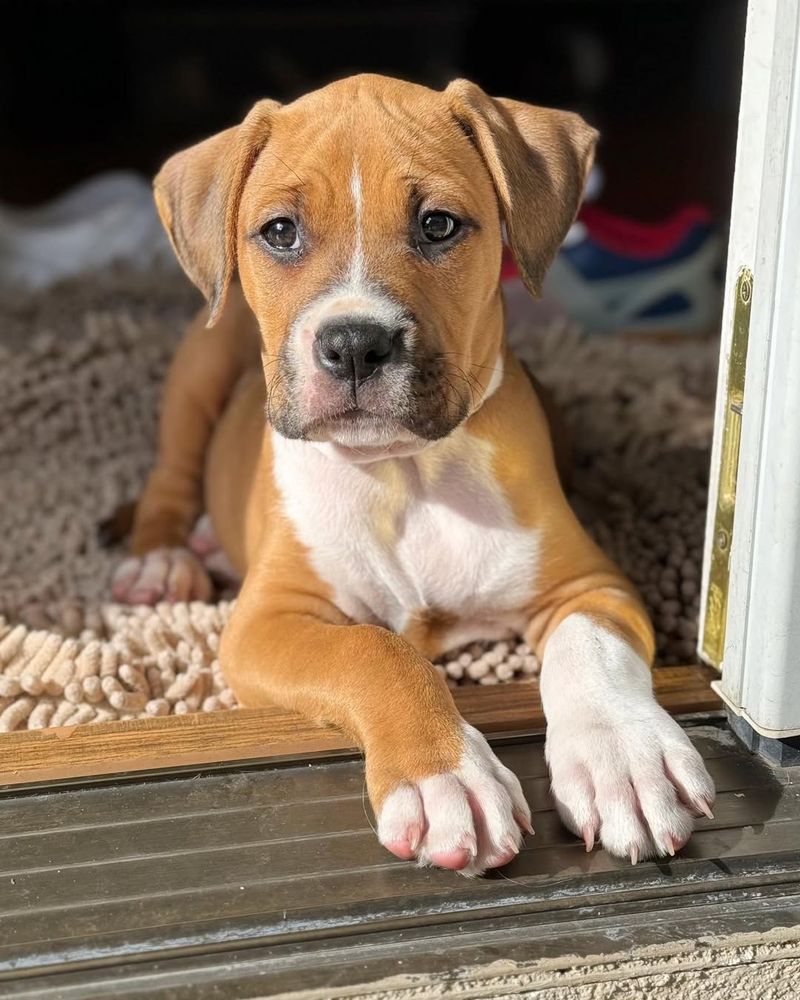
Having realistic expectations about raising a puppy can help manage frustration and disappointment. Puppies are a lot of work and require time, energy, and resources.
Researching and preparing for the challenges of puppy ownership ensures you know what to expect. This preparation helps in adapting to their needs more effectively.
10. Financial Commitment
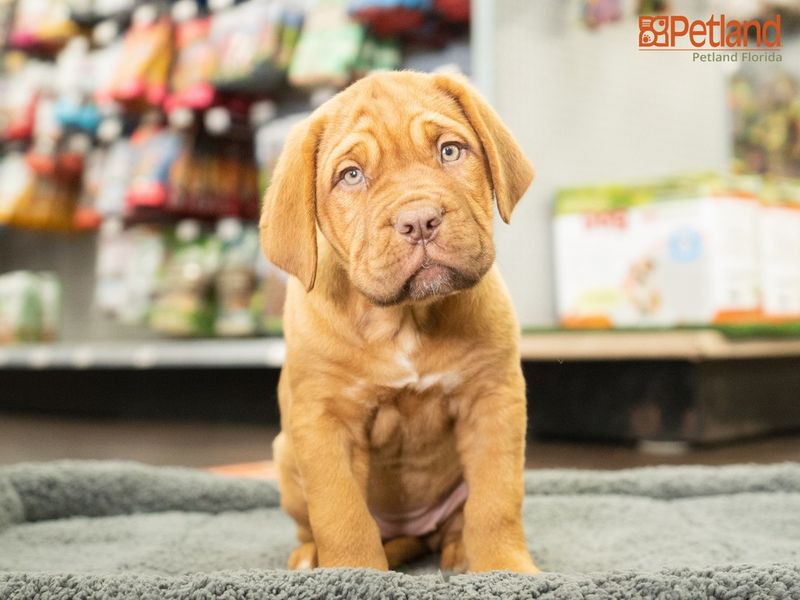
Owning a puppy comes with financial responsibilities, including food, supplies, and vet bills. These expenses can add up quickly.
Planning a budget for your puppy’s needs ensures you are prepared for these costs. Investing in pet insurance can also help manage unexpected veterinary expenses.
With proper planning, the financial aspect becomes manageable, allowing you to focus on enjoying your time with your puppy.
11. Puppy-Proofing Your Home
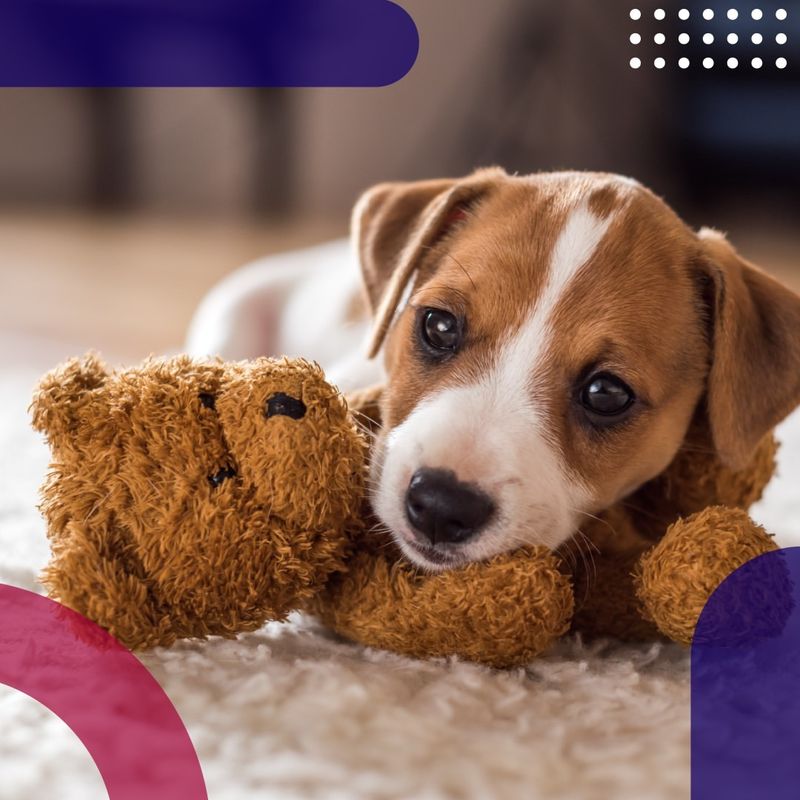
Puppy-proofing your home is essential to keep your pet safe and prevent damage. Curious puppies might get into harmful substances or chew on dangerous items.
Securing loose wires, removing toxic plants, and gating off certain areas are all part of the process. Creating a safe environment allows your puppy to explore without constant supervision.
12. Dealing With Separation Anxiety
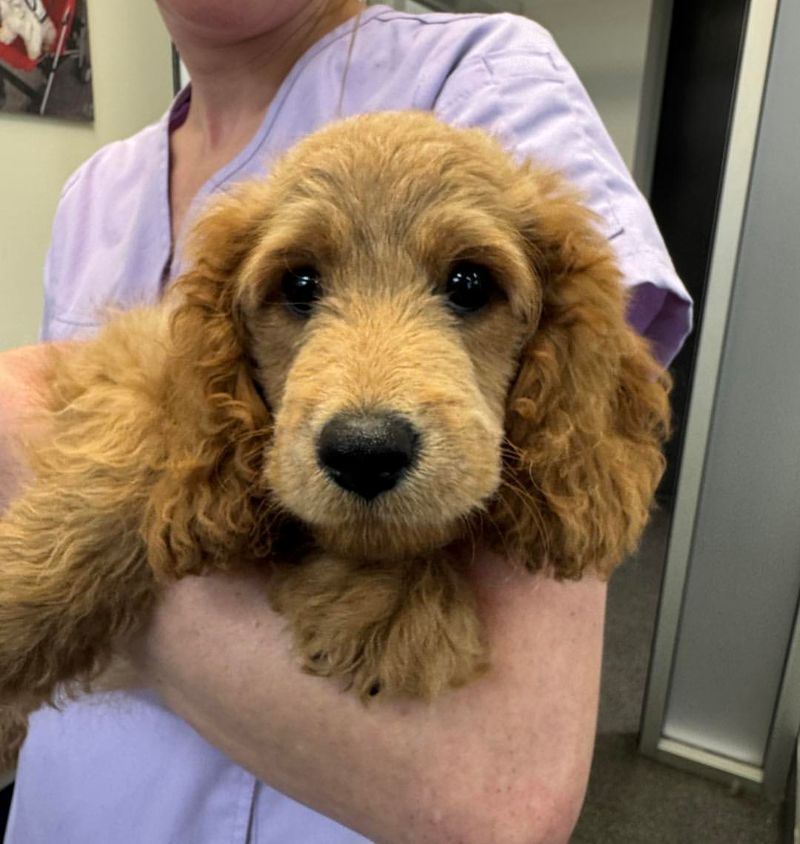
Separation anxiety is common in puppies who are left alone for the first time. They may bark excessively or become destructive when anxious.
Gradually getting your puppy used to being alone can alleviate this anxiety. Providing toys and creating a comfortable space helps them feel secure. Over time, your puppy will learn to enjoy their own company and feel at ease when left alone.
13. Understanding Puppy Development Stages
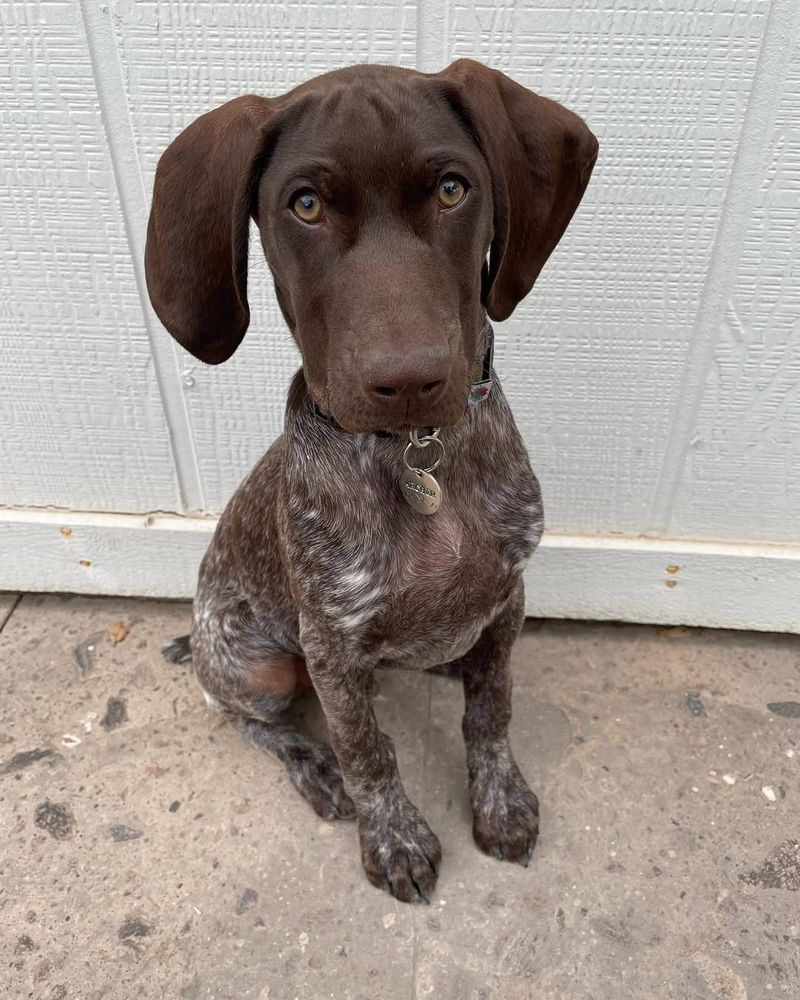
Understanding the stages of puppy development helps in anticipating their behaviors and needs. Each stage presents unique challenges and milestones.
Educating yourself about these stages allows you to cater to your puppy’s growth effectively. From weaning to teething and adolescence, knowing what to expect can ease your worries.
14. Building A Routine
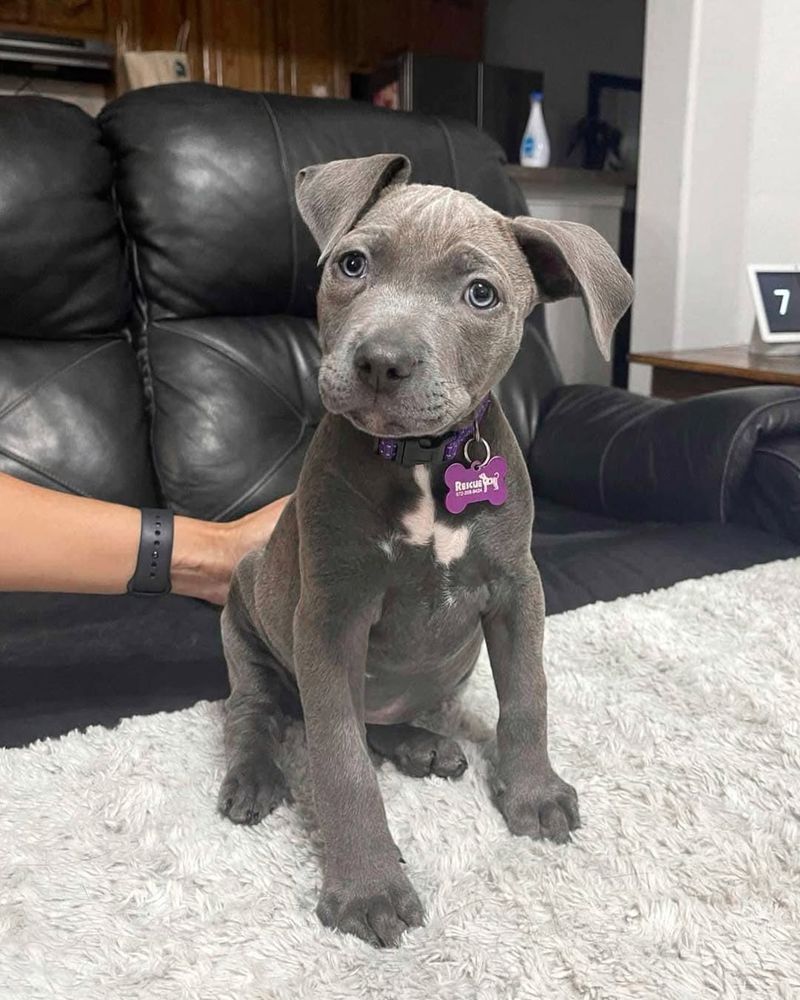
Establishing a routine is crucial for your puppy’s well-being. Consistent feeding, walking, and play schedules help them feel secure and understand what to expect.
Routines provide structure, reducing anxiety for both you and your puppy. Having set times for different activities supports their learning and development.
As your puppy adapts to the routine, you’ll notice a more relaxed and well-behaved companion.
15. Patience And Flexibility
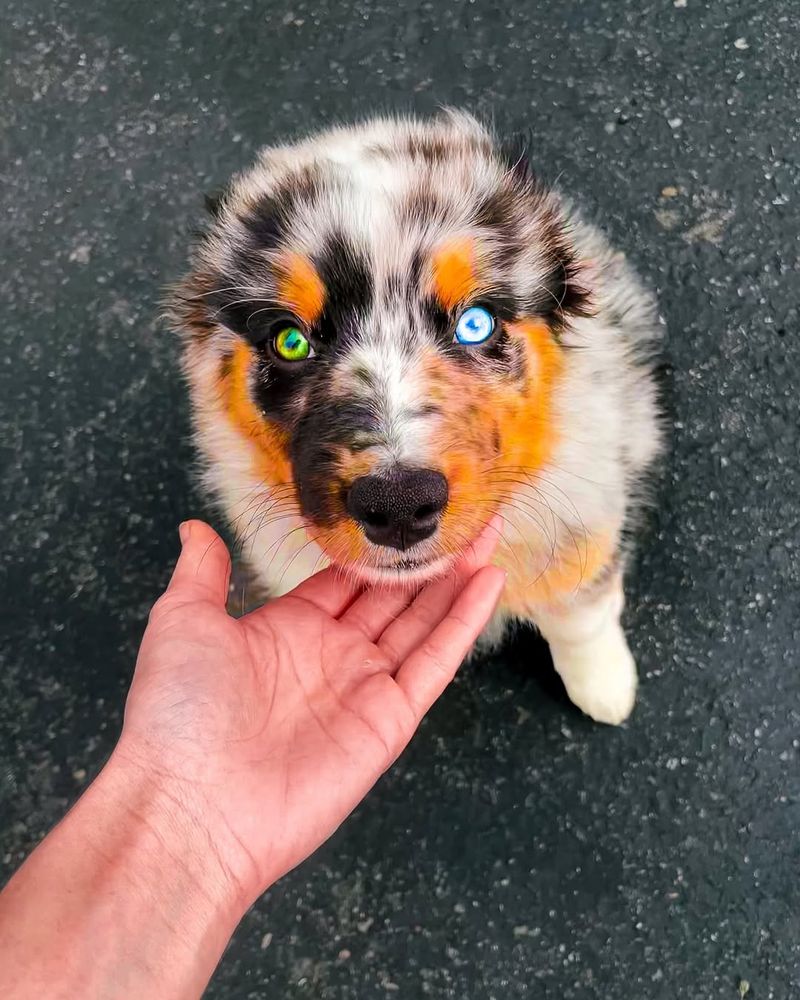
Patience and flexibility are essential attributes for new puppy owners. Learning to adapt to unexpected challenges is part of the journey.
Embracing the unpredictability of puppy behavior with a calm demeanor helps in managing stress. This attitude fosters a positive environment for both the owner and the puppy.
16. Finding Support Networks

Finding support networks can ease the challenges of new puppy ownership. Connecting with other pet owners provides a sense of community and shared understanding.
Joining local dog groups or online forums offers opportunities to exchange advice and experiences. These networks become valuable resources in navigating puppy blues, especially when you realize you’re not alone it it!




